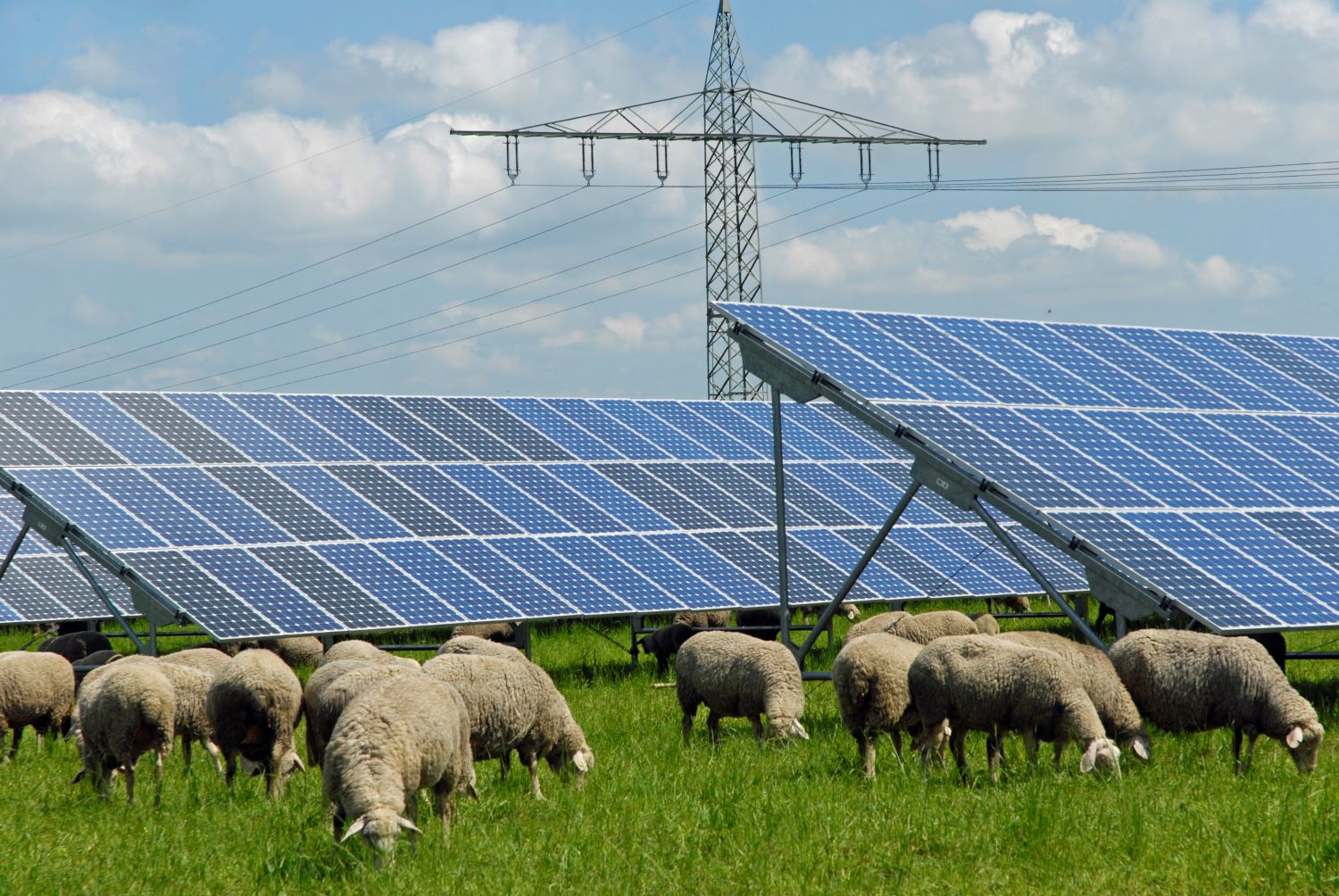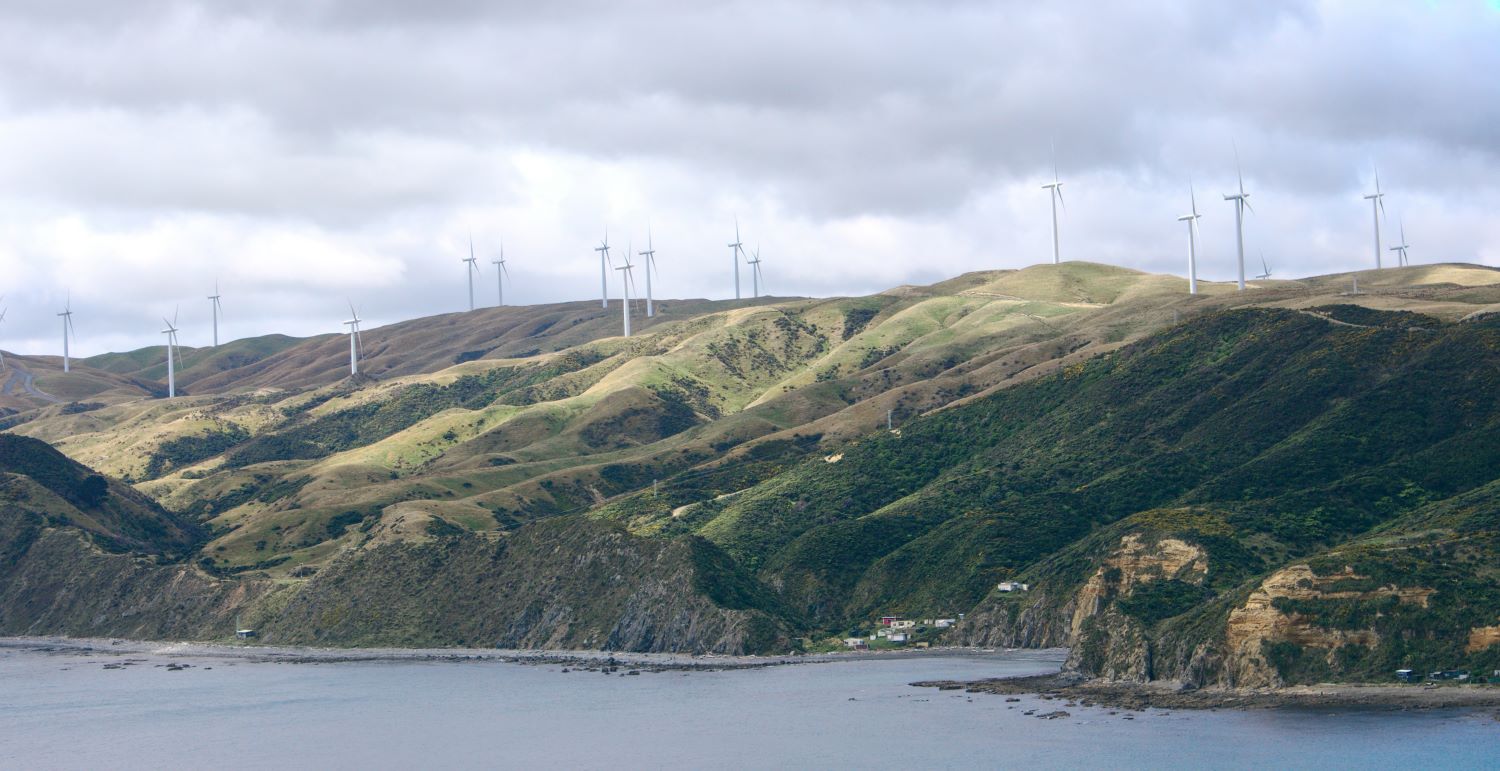On 7 February 2024 the Supreme Court released its decision in Smith v Fonterra and unanimously agreed to not strike out Mr Smith’s claims against seven of New Zealand’s largest green house gas (GHG) emitting companies.
The threshold to strike out a claim is high and requires that there be no reasonably arguable claim. Like any other plaintiff with a tenable claim, Mr Smith will be entitled to have his case heard.
Background
The case concerned claims by Mr Smith, an iwi leader and elder of Ngāpuhi and Ngāti Kahu and a climate change spokesperson for the Iwi Chairs Forum, against Fonterra, Genesis Energy, Dairy Holdings Ltd, NZ Steel Ltd, Z Energy, Channel Infrastructure and BT Mining (Respondents). The claims asserted that the Respondents’ GHG emissions have contributed and will continue to contribute to global warming. This has caused and will cause harm to Mr Smith, his whānau, his descendants and others.
Mr Smith’s claim comprised of three causes of action:
- Public nuisance;
- Negligence; and
- A proposed new tort involving a duty to cease contributing to damage to the climate system.
The Respondents applied to strike out Mr Smith’s proceeding on the basis that it raises no reasonably arguable cause of action.
The High Court struck out Mr Smith’s claims in public nuisance and negligence in 2020, but declined to strike out his claim based on the proposed new tort. The Court of Appeal went further and struck out all three causes of action.
The Supreme Court’s decision
The Supreme Court found that it was in no position to find that Mr Smith’s causes of action were untenable. It emphasised the high threshold for a strike out application noting that “pre-emptive elimination of proceedings is only appropriate where it can be said that whatever the facts proved, or arguments and policy considerations advanced at trial, a case is bound to fail”.
The common law has not previously grappled with a crisis as all-embracing as climate change. However, the Supreme Court stated that this area of common law must develop “in the fertile field of trial, not on the barren rocks of a strike out application”.
Can Tikanga inform the formulation of tort claims?
Mr Smith claims, in accordance with tikanga, a whakapapa (genealogical) and whanaungatanga (kinship) relationship to the whenua (land), wai (fresh water) and moana (sea) around his land. His claim is that the respondents contributed to climate change effects that caused and will cause ongoing injury to the customary, cultural, historical, spiritual and nutritional values associated with these places. His tikanga based connection with these places provides the foundation for the claim that an injury to place is also an injury to himself, his whānau and descendants.
The Supreme Court stated that whatever the cause of action, the trial court will need to grapple with the fact that Mr Smith purports to bring proceedings not merely as an alleged proprietor who has suffered loss, but also as a kaitiaki acting on behalf of the whenua, wai and moana. It must consider some tikanga concepts of loss that are neither physical nor economic. Addressing and assessing matters of tikanga simply cannot be avoided.
Mr Smith’s case can now proceed to a full trial in the High Court.










